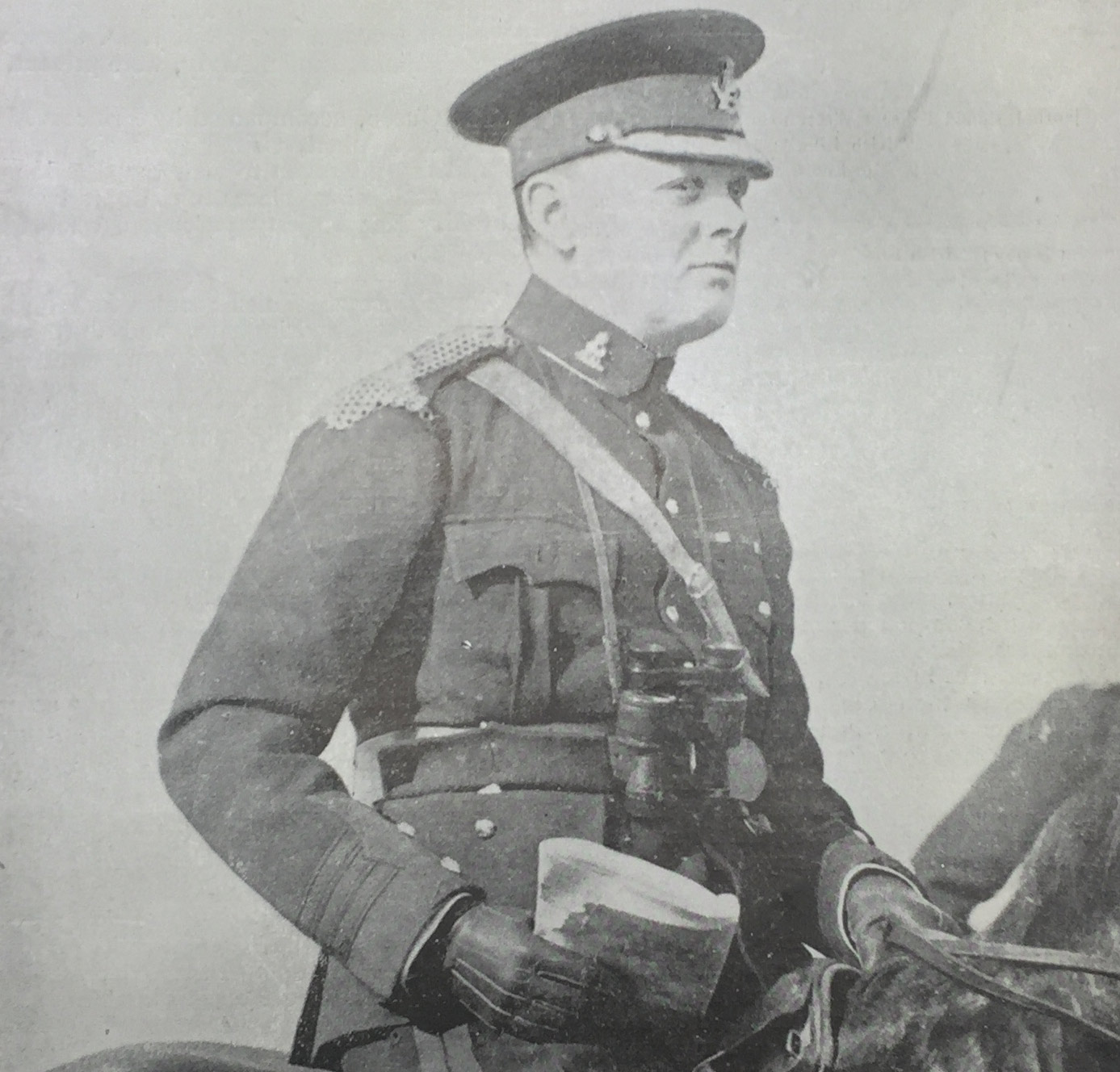Churchill resigns from the Cabinet
Widespread criticism of his blunders at Gallipoli and Antwerp
16 November 1915 - Winston Churchill has announced his resignation from the cabinet.
In a letter to the Prime Minister Herbert Asquith, Mr. Churchill said that he disagreed with the re-organisation of cabinet: ‘Knowing what I do about the present situation and instrument of executive power, I could not accept a position of general responsibility for war policy without any effective share in its guidance and control.’
Mr Churchill served as First Lord of the Admiralty and then as Chancellor of the Duchy of Lancaster. He has also been identified with the naval campaign in the Dardanelles which has been roundly criticised as ‘disastrous’.
Reaction to the announcement has been mixed. He has been widely praised for his foresight and energy in developing the British Navy in the years before the war, allowing it to dominate the seas since hostilities commenced.
Against that, there has been trenchant criticism of what are seen to have been serious blunders, not just in the Dardanelles but also at Antwerp.

Ships under fire in the Dardanelles: both the naval and land campaign in the Dardanelles were seen as disastrous and saw the resignation of many of those involved in its planning, such as Winston Churchill. (Illustrated London News, [London, Engand], May 15 1915)
‘The defects are more dangerous than the qualities are valuable’
In making these blunders, the Irish Times has criticised Mr. Churchill for his perceived ‘impetuosity’ and ‘arrogance’.
Ultimately with regard to Mr Churchill, the editorial continues, at this point in the war, ‘the defects are more dangerous than the qualities are valuable’.
Nonetheless, the Times observed: ‘We have no doubt at all that the qualities which have carried a man of barely forty in a rapid course from one great office to another are too valuable to be lost to the nation more than temporarily. We shall attempt no final estimate of Mr. Churchill’s career for the simple reason that a public life of these islands which can find no place for his gifts after the war is hardly conceivable.’
It is anticipated that Mr. Churchill will make a speech to the House of Commons that will set out his position in full.
[Editor's note: This is an article from Century Ireland, a fortnightly online newspaper, written from the perspective of a journalist 100 years ago, based on news reports of the time.]





















